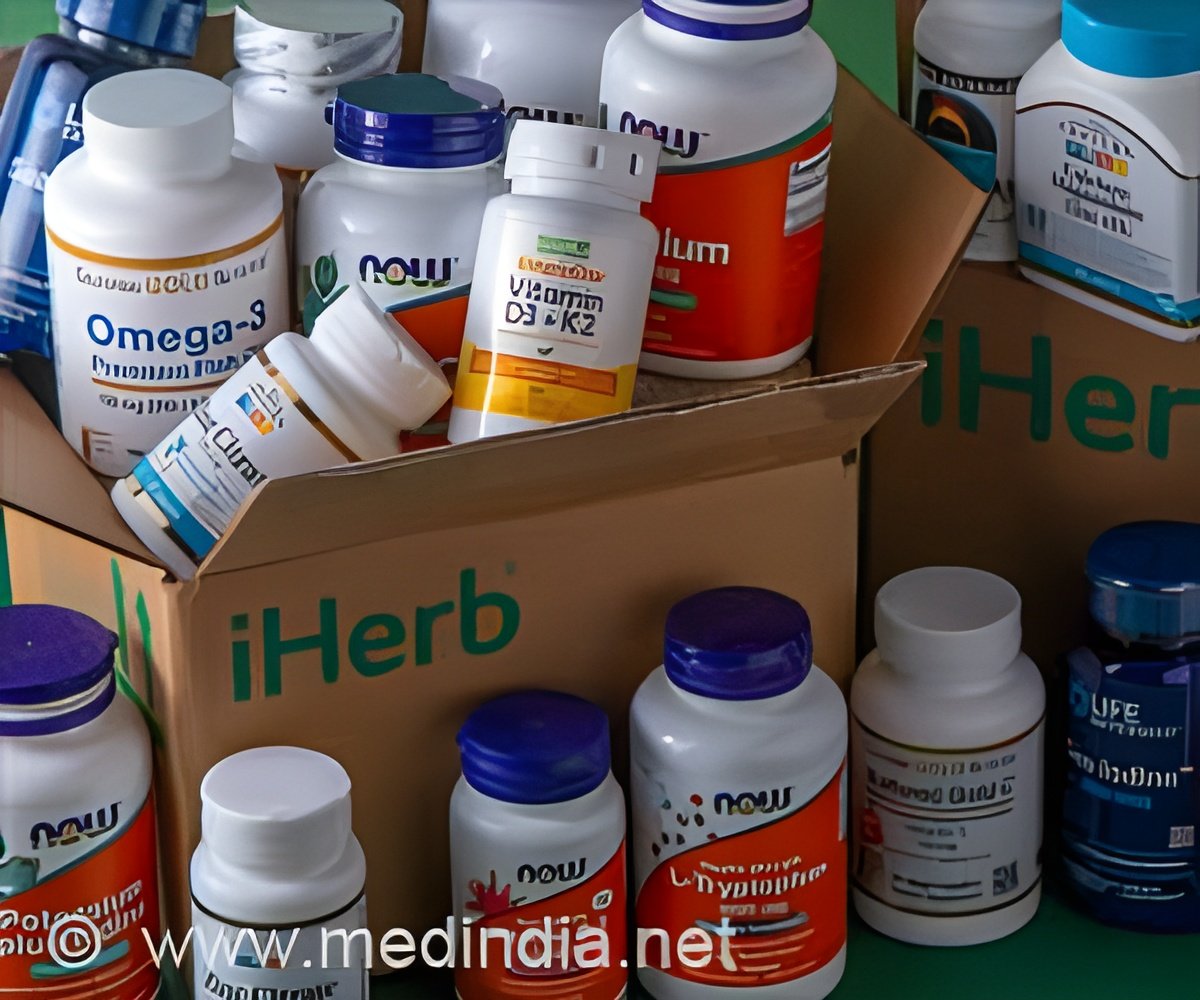
Impact of fortified foods and dietary supplements on the total nutrient intakes and their adequacy among Japanese adults has been explored by a study led by Professor Keiko Asakura and Assistant Professor Minami Sugimoto of the Faculty of Medicine at Toho University, published in the journal BMC Nutrition ().
Researchers sought to understand whether these foods and supplements played a significant role in helping individuals meet their nutritional needs.
Researchers collected dietary data from 392 Japanese adults aged 20 to 69, through four-day dietary records. Nutrient intake was measured both with and without considering the consumption of fortified foods and supplements.
Participants who consumed at least one fortified food or dietary supplement during the recording period were classified as “users.”
The study then calculated the proportion of participants whose nutrient intakes fell below the Estimated Average Requirements (EAR) or exceeded the Tolerable Upper Intake Level (UL) as defined in Japanese dietary guidelines.
Fortified Foods — Key to Nutrient Health or Risk of Excess?
Among the 122 identified users of fortified foods and/or dietary supplements (31% of participants), fortified foods contributed less than 4%, and supplements contributed less than 21% to the total intake for the 25 examined nutrients.
Users were more likely to meet the EAR for six nutrients in their base diet and nine nutrients when considering total intake. Additionally, among users, there was a notable decrease in the proportion of participants below the EAR by at least 10% for five specific nutrients.
Advertisement
Despite the benefits, no nutrient intake in either users or non-users exceeded the UL when considering only base diets.
However, 2% of the users of fortified foods and dietary supplements exceeded the UL for vitamin B6 in their total intake. This highlighted a slight risk of overconsumption of this specific nutrient among supplement users.
Advertisement
In conclusion, fortified foods and dietary supplements improved the nutritional intake of Japanese adults, , particularly in meeting the recommended levels for several key nutrients.
However, these foods and supplements must be consumed carefully to avoid exceeding the safe limits for certain nutrients, like vitamin B6.
Reference:
- Contribution of fortified foods and dietary supplements to total nutrient intakes and their adequacy in Japanese adults
– (https://bmcnutr.biomedcentral.com/articles/10.1186/s40795-024-00935-w)
Source-Eurekalert



